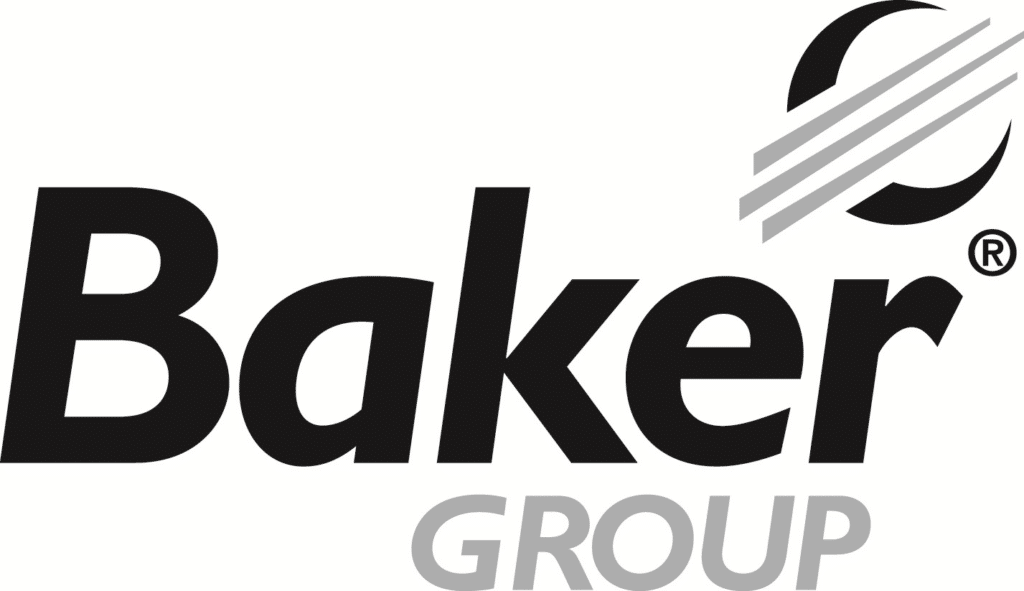Iowa economy slows as supply chain managers raise fears of recession in 2023

BUSINESS RECORD STAFF Dec 1, 2022 | 8:25 pm
2 min read time
525 wordsAll Latest News, Economic DevelopmentIowa’s economy continued to slow in November with continued worries about input costs and the ongoing workforce shortage, according to a survey of supply chain managers released today.
Creighton University’s Mid-America Business Conditions Index showed that Iowa’s index score for November fell to 47.8, from 49.8 in October. The index ranges from 0 to 100 with a score of 50 representing neutral growth.
For the nine-state region covered by the survey, the index dropped to 48, down from 53.1, the first time it has fallen below growth-neutral since the early months of the pandemic in May 2020.
According to the report, the decline in Iowa’s score was pushed by declines in the scores for most of the components that make up the index.
The score for new orders dropped to 47.4, production or sales fell to 47.5, and inventories declined to 49. Only two categories increased. Employment increased to 42.6, but remained well below growth-neutral, and delivery lead times increased to 52.3 to be the only component in Iowa’s score to be above growth-neutral.
Ernie Goss, director of Creighton’s Economic Forecasting Group, said the drop in the region’s overall score below growth-neutral was a warning of possible recession next year.
“For the first time since the end of the 2020 recession in May 2020, Creighton’s monthly survey of manufacturing supply managers is flashing recession warnings for the first half of 2023,” he said in the report. “Since climbing to a 2022 high in March, the overall index has now fallen six of the past eight months.”
According to the report, 1 in 4 supply chain managers surveyed listed higher input prices as the greatest challenge in 2023.
Goss said employers were also reporting continued problems finding applicants for open positions.
“Due to labor shortages, approximately 65% of firms reported shortages of job applicants for available jobs,” he said.
According to the report, the region’s employment index fell to 45, down slightly from 46.3 the prior month, and indicated two straight months of job losses for the first time since June and July 2020.
Goss also indicated he expected the Federal Reserve to increase interest rates again later this month in a continued effort to bring down inflation.
According to the report, the wholesale inflation gauge index increased to 72.5, up from 65.4 in October, indicating continued inflationary pressure on the economy.
On trade, the score of export orders fell to 50, down nearly 3 points from the previous month, and the score for imports remained a weak 39.3, but was up from 35 in October, an indication of a weakening regional economy, the report stated.
The overall regional score for new orders fell to 47.5 in November, production and sales sank to 47.4, down 10 points from October, but delivery of raw materials and supplies increased to 52.5, indicating an upturn in supply disruptions and more delays, the report stated.
Despite some warning signs of a pending recession, the confidence index increased nearly 7 points but remained weak at 25 in November.
“Confidence indices for each month in 2022, all below growth neutral, are the worst string of readings since the 2008-09 recession,” Goss said.










